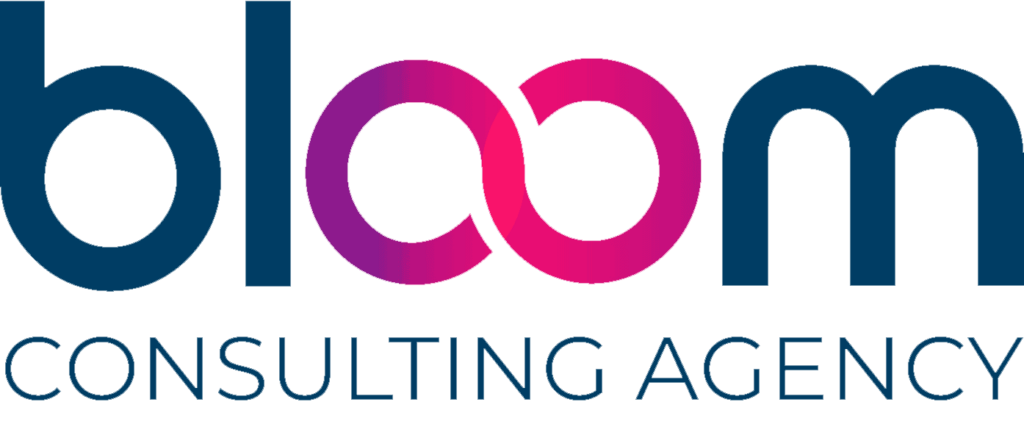Denials are a formidable enemy in medical billing, so keep an eye on the common mistakes on claims that cause denials. The complexities of the healthcare system present possibilities for providers, billers, and coders to make errors. Understanding the common denominators can be the first step in reducing denial percentages. Creating awareness of each participant in the revenue cycle can also reduce error rates.
Ultimately, the management of each revenue sector needs to streamline the data collection process to ensure that the required info on a claim is accurate. Appointment setters, registration individuals, providers, coders, and billers are all responsible for supplying the information included in a medical claim. In addition, the common mistakes on claims that cause denials are from diverse sections of the revenue cycle, so each department must have accountability.
Common Mistakes on Claims that Cause Denials
The claim form has individual fields that billers must fill with accurate information and cannot be left blank. These fields of information are collected through different sectors of the revenue cycle. The common mistakes on claims that cause denials can be reduced by raising awareness of their importance and proper training techniques. Management must instill accountability in collecting correct data for each claim to leave the billing department without errors.
The following factors are common mistakes on claims that cause denials.
- Incorrect insurance information on a claim
- Incorrect patient demographic information on a claim
- Billers should have filed claims on time within the timely filing guidelines
- Incorrect CPT codes, ICD-10 diagnosis codes, and modifier usage
- Incorrect provider information
- Non-covered services
- Services reported separately
Appointment Setters are the First Part of the Revenue Cycle
The first component of the revenue cycle that gathers information for a medical claim is the appointment setters and the registration departments. The common mistakes on claims that cause denials in these departments come from errors in patient demographics, insurance information, and a checkpoint of in-network insurance of providers. Therefore, this department’s management must present and outline the required information, and the staff must collect the correct facts.
Two simple factors can reduce claim denials. First, when appointment setters are dealing with a panicked patient, this can get lost in the present moment. Therefore, staying calm and keeping a clear mindset is essential. Then, the following required information collected by appointment setters can contribute to eliminating errors on an insurance claim.
- What insurance does the patient carry? Management must supply a list of accepted insurances to the appointment setters for this step to be correctly utilized.
- Are you a new patient, or has the provider treated you before? New patient codes are different from established patient codes. Patients seen in the past are now new patients again. New and established patient information can help in coding determinations.
Registration Specialists Collect Patient Demographic Information
The registration department is responsible for reducing the common mistakes in claims that cause denials by collecting accurate patient demographic and insurance information. For example, if there are any errors in the patient’s date of birth, address, zip code, or gender, this could cause errors and denials. Furthermore, correct insurance information must be collected, including primary and secondary insurance coverage. Finally, registration specialists must enter pictures of the cards into the patient’s account.
The following fields on the HCFA 1500 form are required pertinent patient demographic and insurance data.
- Patient name, including middle initial and full name as presented on insurance cards
- Address of the patient, including the correct zip code
- Date of birth
- Telephone number
- The subscriber of insurance name, relationship to the patient, and date of birth
Provider Information is an Essential Component for Correct Claims
Each healthcare provider has a national provider identification number. Billers must include this unique number on the claim form. In addition, referring provider information is also required, mainly in Medicare claims. In this case, the common mistakes in claims that cause denials occur when these fields need to be included or corrected. The billing department reviews charge entries and ensures this info is correctly entered.
Providers must document referring physicians for accurate reporting. Place of service is another determinant that providers supply to be included on a claim form. Billers must be sure that the correct number aligns with the correct place of service on the claim form. The place of service also aligns with the correct CPT codes in charge reporting.
The following provider information is required for accurate claims:
- National Provider Identification Number
- Correct place of service
- Referring provider and national provider identification number
Certified Coding Specialists Can Cut Down on Denials
Common mistakes in claims that cause denials revolve around CPT coding, correct diagnosis codes (ICD10), and modifier usage. CPT codes connect to many factors, such as place of service, inpatient or outpatient, and evaluation and management. In addition, procedures have codes that connect with other factors. Some CPT codes cannot be attached to specific diagnosis codes. Having a certified coder on staff will reduce these errors that lead to denials.
In conclusion, by eliminating non-covered services, using correct and specific modifiers, and submitting claims in a timely fashion, errors will slowly disappear. Each specialty has specific and normal diagnosis codes, with rules and guidelines set by Medicare and commercial payers that must be adhered to. The billing department is responsible for correct reporting led by the coder. Certified and experienced billers are typically aware of the common mistakes in claims that cause denials.
Find Help in Correcting the Common Mistakes in Claims Causing Denials in Florida
If your healthcare practice is experiencing a high denial rate, it’s time to seek help. Bloom Healthcare Consulting in Florida employs experienced healthcare consultants familiar with reorganizing and identifying problems with the revenue cycle.
Denials can be resolved, but allowing them to occur delays payments. Contact us today to begin solving this revenue problem in your practice.









